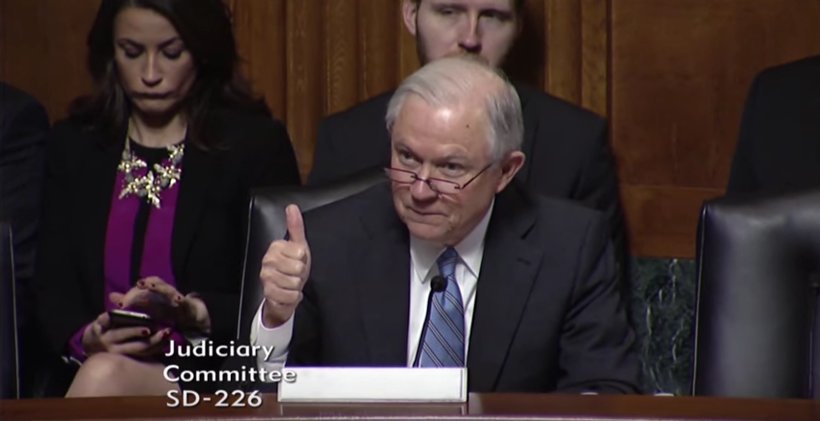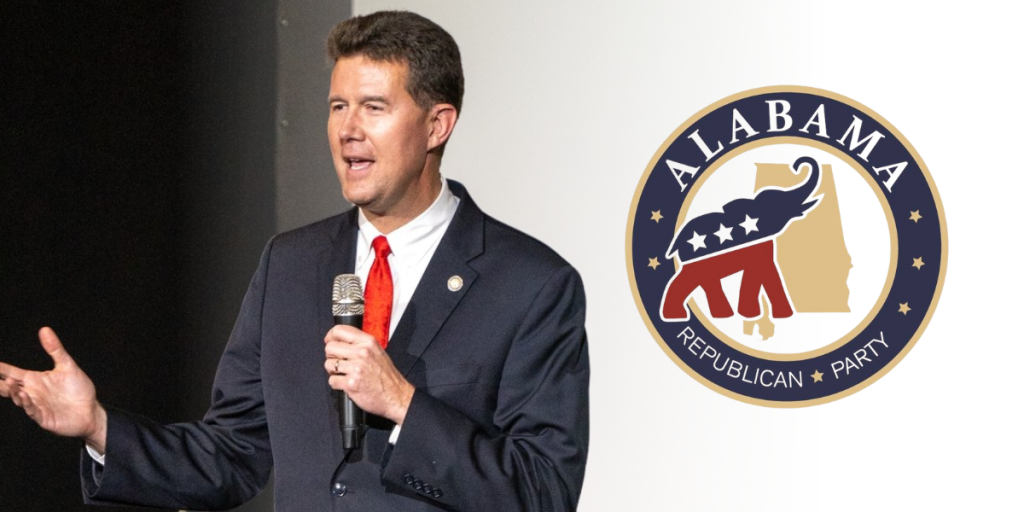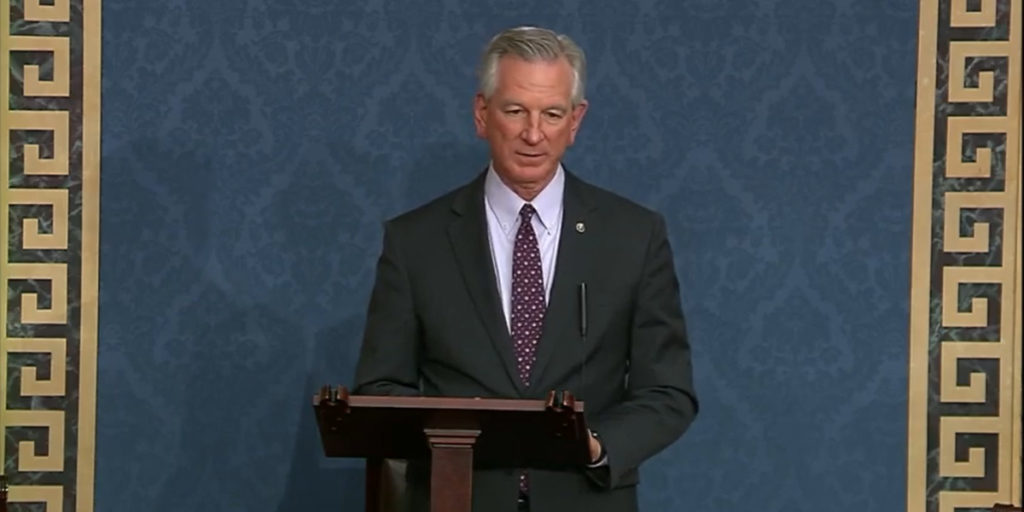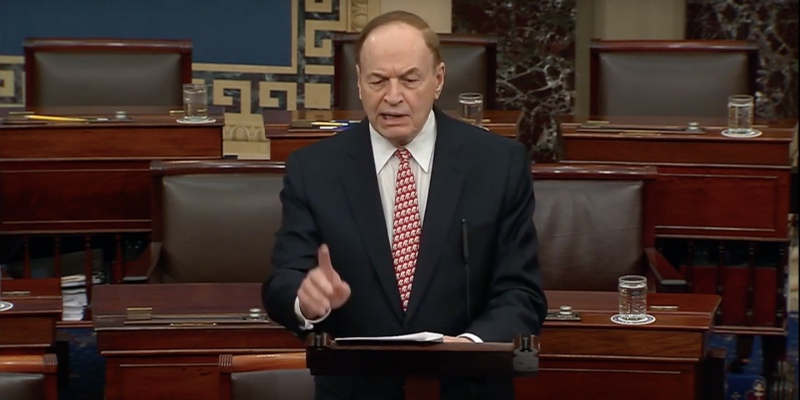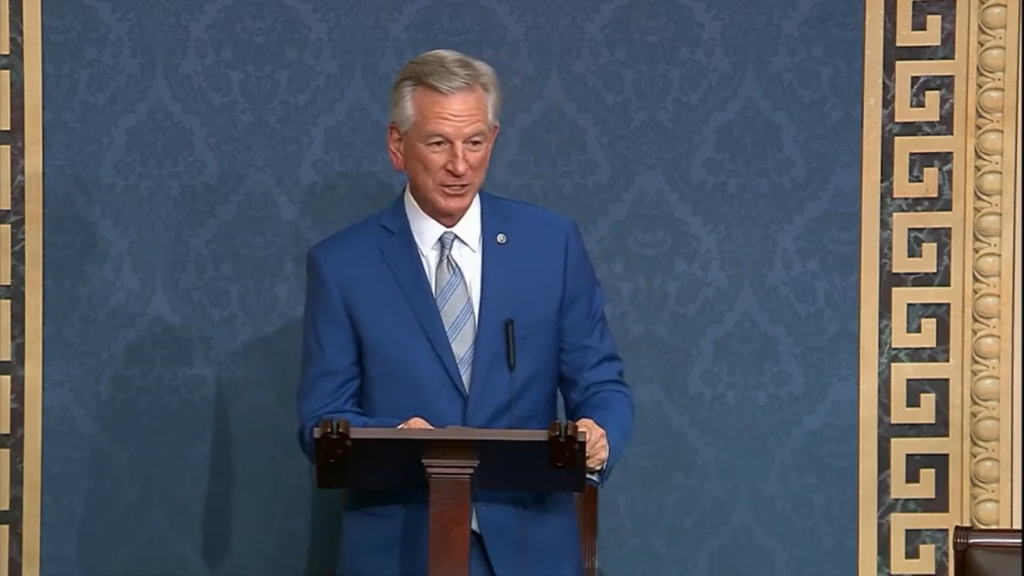https://www.youtube.com/watch?v=UeMnzzhopBY&feature=youtu.be
(Video above: Senator Jeff Sessions (R-Ala.) hears testimony in a U.S. Senate Committee hearing titled “Attacking America’s Epidemic of Heroin and Prescription Drug Abuse”)
WASHINGTON — With the head of U.S. drug policy sitting before him in a Senate Judiciary Committee hearing, Senator Jeff Sessions (R-Ala.) on Wednesday stated a little-discussed fact: America’s porous borders are not only a national security and economic issue, they are contributing to an exploding heroin epidemic all across the country.
A revealing report by the Washington Post late last year detailed the rise of U.S. heroin use and the Mexican drug lords that keep the drug in ready supply.
A sophisticated farm-to-arm supply chain is fueling America’s surging heroin appetite, causing heroin to surpass cocaine and meth to become the nation’s No. 1 drug threat for the first time. As demand has grown, the flow of heroin — a once-taboo drug now easier to score in some cities than crack or pot — has changed, too.
Mexican cartels have overtaken the U.S. heroin trade, imposing an almost corporate discipline. They grow and process the drug themselves, increasingly replacing their traditional black tar with an innovative high-quality powder with mass market appeal: It can be smoked or snorted by newcomers as well as shot up by hard-core addicts.
They have broadened distribution beyond the old big-city heroin centers like Chicago or New York to target unlikely places such as Dayton. The midsize Midwestern city today is considered to be an epicenter of the heroin problem, with addicts buying and overdosing in unsettling droves. Crack dealers on street corners have been supplanted by heroin dealers ranging across a far wider landscape, almost invisible to law enforcement. They arrange deals by cellphone and deliver heroin like pizza.
Senator Sessions, known as a no-nonsense advocate of law and order, spent years in the U.S. Justice Department and as Alabama’s Attorney General. During that time, he saw first-hand how the justice system tackled with varying degrees of success the proliferation of illicit drugs.
“In the 1970s I became an Assistant United States Attorney and I was given 17 heroine cases to prosecute — they were small ones, the didn’t trust me with anything bigger — and it was almost all coming from Turkey,” Sessions recalled. “President Carter was very aggressive on that. I give him credit. I came back in 1981 as United States Attorney and we went several years before we saw a heroin case.”
Sessions also took aim at prescription drug abuse.
“We had some doctors (illegally dealing the drugs) and we had some pharmacists — which we didn’t expect,” he said. “The simple deal was, the DEA and the local police chief signed a one-page memorandum in my office that nobody would have a plea bargain on a prescription drug (charge) until they told us where it came from. It came from a very limited number of sources. And that problem of that particular drug was virtually eliminated in Alabama for a while.”
Sessions told those stories Wednesday as America’s top drug policy officials sat before him in a U.S. Senate Committee hearing titled “Attacking America’s Epidemic of Heroin and Prescription Drug Abuse.”
Sessions asked Michael Botticelli, Director of the Office of National Drug Control Policy, if he believed “reduced price, high purity, and increased accessibility of heroin are the major drivers of the recent increase in rates of heroin use.”
Mr. Botticelli said those factors have indeed “significantly increased heroine use rates in the United States.”
“Well, I think that’s a good answer,” Sessions replied, “and the lack of enforcement at the border is a big part of this…We can impact supply—heroin at low prices and high purity on the streets [is] dangerous, and prosecutions are critical to this. People need to go to jail for pushing this kind of addictive power into our communities and destroying lives and families.”
.@SenatorSessions: America’s open borders are fueling an exploding heroin epidemic https://t.co/UMkQzunblE
— Cliff Sims (@Cliff_Sims) January 28, 2016




